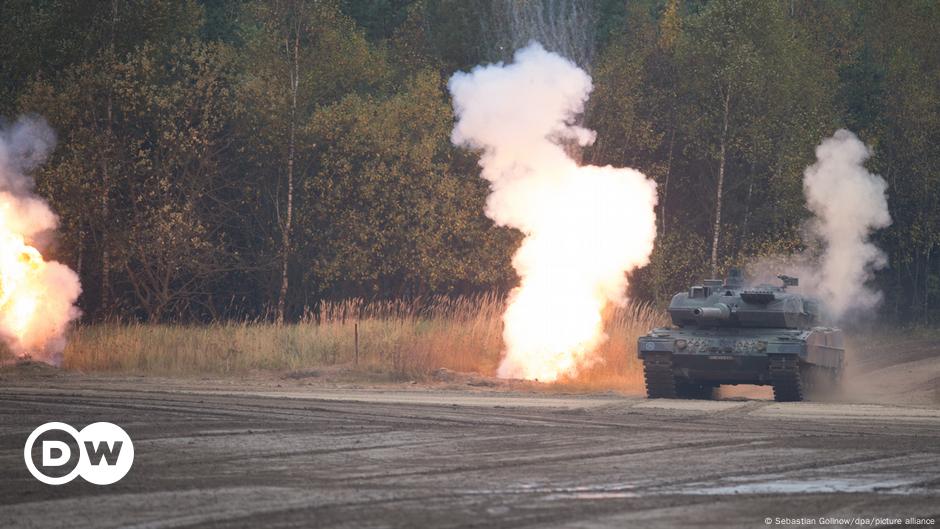Summary
A UK-based think tank warns that Europe’s increased defense spending and weapon production, spurred by Russia’s invasion of Ukraine, is undermined by a shortage of military personnel.
European NATO members now allocate over half of their defense budgets to European-made equipment, yet critical troop shortfalls persist due to decades of underinvestment.
Concerns are heightened with Donald Trump’s return to the White House, raising fears of reduced U.S. support for Ukraine.
European leaders, including France’s Emmanuel Macron, emphasize the need for Europe to become less reliant on U.S. security support.



There’s another reason to say “hell no” to it: People who don’t want to fight suck at fighting. Conscripts are a headache to officers.
What I would be in favour of is mandatory service, though – if you want, and only then, in the military, but the default “I don’t care where I end up” would land you somewhere in catastrophe relief, learning how to operate a field kitchen and how to reinforce a dike. Basic paramedic training, such stuff.
Catastrophe relief is even more reliant on reserve forces than the military when shit hits the fan, and when it does it generally drowns in volunteers – trouble being if people have no training you can’t use them for much more than filling sandbags. Knowing how the organisational structure works and having some experience operating within it is worth tons on its own, even if you have no specific skills that are needed. Also evacuating a city is way easier if the city broadly knows how to evacuate itself. Triage is way easier if you have an army of people capable of dealing with the easy stuff.
No mandatory service of any kind, full stop.
If there is something that needs to be widely known by the population, you make it part of the daily life, introduce it at school curriculum, run low profile campaigns that steadily grow awareness and make access to developing such knowledge/skills easy to all.
I can think of the example of learning how to use a defibrilator, which has become a standard for any person graduating highschool in my country. Stupidly enough, if I want to learn that exact same skill, today, I have to pay a hefty sum, in a country where lack of preparation to give immediate aid to someone in need has been identified as a serious problem.
You know what? I almost wanted to write “consider it a part of school” in my original comment. Probably should have.
It also doesn’t have to be all at one time, back in my days I did about a weekend a month over three years. In one year I got all my necessary hours from a single two-week course camp: Because I wasn’t at home at all during the time those were 14x24 hours even though the course load was what six hours weekdays, the rest party. Meaning to say: Don’t picture military basic with a drill instructor. Noone has ever accused catastrophe defence to be disciplined unless sirens are blaring.
Not to mention: In many places, particularly villages, it’s practically mandatory anyway: Everyone, at least if male, becomes a fire fighter. You don’t have to stay on for regular duty but you gotta learn the basic ropes so that if shit really hits the fan you know how to help. It’s actually more about re-kindling that kind of attitude in cityfolk.